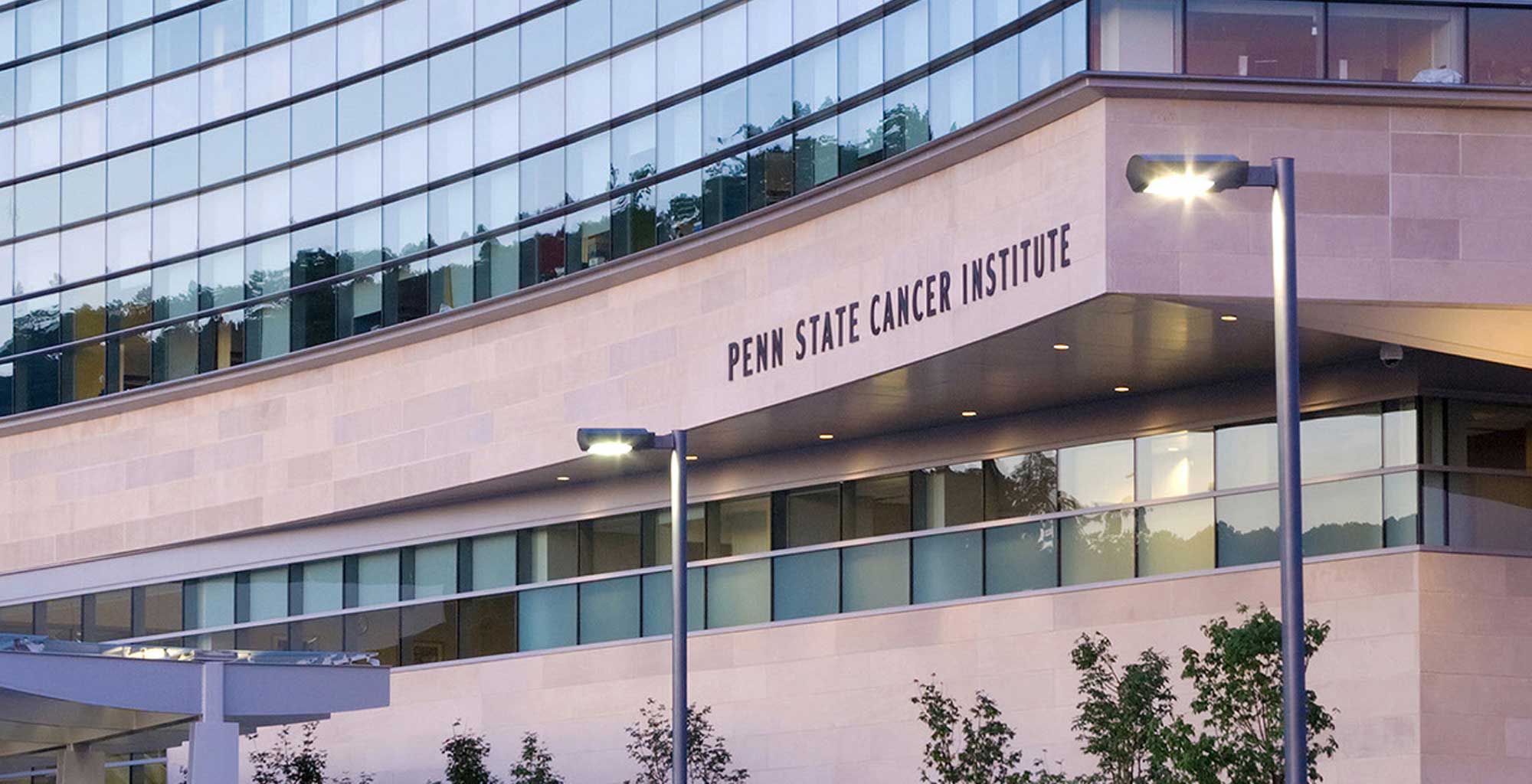Pennsylvania adolescents and young adults less likely to receive care at specialized center

Pennsylvania adolescents and young adults are less likely to receive cancer treatment at a specialized treatment center than pediatric patients, according to a team of Penn State and Penn State Cancer Institute researchers.
Specialized centers provide access to clinical trials, psychological and social support services and other medical approaches. These are all critical to the comprehensive care of adolescents and young adults with cancer.
Researchers looked at data from the Pennsylvania Cancer Registry from 2010 to 2015 and identified cancer patients from age 0 to 39. Patients under 15 were used as a control group to make comparisons. Overall, researchers identified 15,002 patients, of which 8,857 attended a specialized care facility. Researchers defined a specialized facility as a National Cancer Institute-designated cancer center or Children’s Oncology Group facility operating clinical trials. The odds of attending a specialized center were substantially lower for adolescents and young adults than for younger pediatric patients.
About 95 percent of patients from birth to age 14 attended a specialized center. This number drops as age rises. Only about 51 percent of those aged 31 to 39 years old attend a specialized facility.
While the average attendance was higher among non-white patients compared to white patients, this is likely because urban areas include the majority of the state’s specialized centers. When researchers considered all factors, non-white and Medicaid-insured or uninsured patients were significantly less likely to attend a specialized center compared to white and privately insured patients, respectively. Patients who lived greater than 20 miles from a specialized facility were less likely to attend a specialized center, compared to those less than 20 miles away from a specialized center.
“We found that while specialized facility attendance was high for children, attendance decreased significantly for adolescents and young adults,” researchers wrote in their paper, published in Journal of Adolescent and Young Adult Oncology. “Even patients as young as 15-21 years at time of cancer diagnosis were significantly less likely to attend a specialized facility, with a steady decreased likelihood of attendance with increasing age.”
Researchers said the reasons for this could be insurance changes as patients are removed from their parents’ policies, lack of resources for those early in a career or in secondary school to access specialized care, and less experience navigating the health care system.
Women were less likely than men to attend a specialized facility, partly explained by the proportion of breast cancer in the study population.
“These results hold significant implications for health care access for patients with breast cancer,” researchers wrote. “Breast cancer is the most common cancer in female adolescents and young adults 15-to-39 years old and this group often has more aggressive forms of the disease and have worse outcomes compared with older women.”
How adolescents and young adults with breast cancer access services at specialized centers and whether such access leads to better outcomes is a future area of study. This research is significant for women in rural areas. Other studies have shown that rural women are more likely to be diagnosed with advanced-stage breast cancer and could benefit from clinical trials and services in specialized centers.
Researchers said the study highlights for providers what patients to target to ensure receipt of quality care. It also is important as the rural Pennsylvania population grows to ensure that patients have access to specialized care centers.
Researchers on this project were Pooja Rao, MD, and Lisa M. McGregor, MD, PhD, Division of Pediatric Hematology/Oncology, Penn State Health Children’s Hospital; Joel E. Segel, PhD, Department of Health Policy and Administration; Eugene J. Lengerich, VMD, Department of Public Health Sciences; Joseph J. Drabick, MD, Penn State Cancer Institute; and Barbara Miller, MD, Division of Pediatric Hematology/Oncology and Department of Biochemistry and Molecular Biology.
Segel, McGregor, Lengerich and Miller are also members of Penn State Cancer Institute.
Penn State Cancer Institute and National Center for Advancing Translational Science of the National Institutes of Health through Penn State Clinical and Translational Science Institute funded this research.
If you're having trouble accessing this content, or would like it in another format, please email Penn State Health Marketing & Communications.
